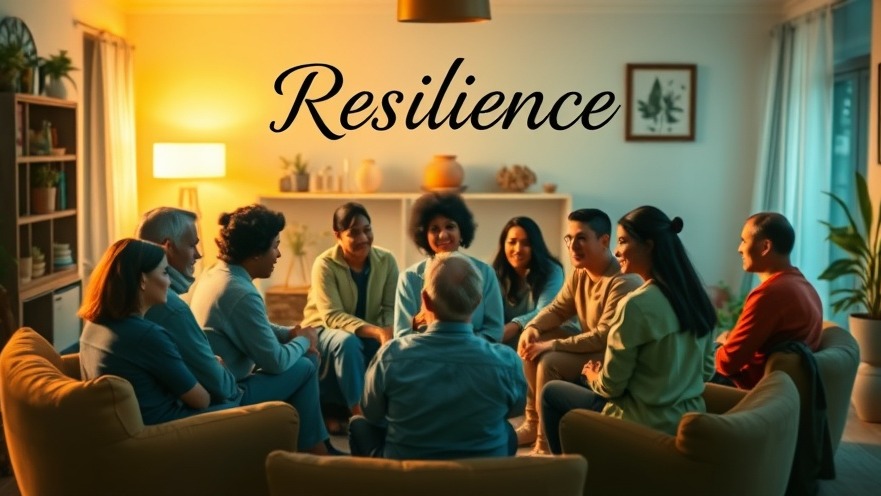
Psychological Safety: Nurturing Resilience in Work and Home
In our fast-paced, ever-evolving world, the concept of psychological safety has gained momentum, offering a crucial platform for personal growth and resilience. How can individuals cultivate spaces that encourage vulnerability, creativity, and open communication? The answers lie within the principles of psychological safety and its impact not just on the workplace but at home as well.
The Importance of Psychological Safety
Psychological safety is defined as the belief that one will not be penalized or humiliated for speaking up with ideas, questions, concerns, or mistakes. Imagine a home where children feel comfortable sharing their thoughts without fear of reprimand. In workplaces, fostering a culture of psychological safety leads to increased innovation, teamwork, and ultimately, business success. According to research, organizations that prioritize psychological safety experience enhanced employee engagement and productivity.
Historical Context: How We Got Here
To appreciate the gravity and relevance of psychological safety today, we must understand its roots in organizational behavior research dating back to the 1990s. Pioneers in the field, such as Amy Edmondson of Harvard Business School, have highlighted how teams thrive in environments where members feel secure. This realization marked a pivotal shift towards valuing emotional intelligence in professional settings.
Personal Stories of Growth and Transformation
Hear the voices of those who have transformed their lives through the principles of psychological safety. Consider Sarah, a mother who empowered her children to express themselves by creating an open dialogue at home. Her journey illustrates the profound impact of a safe emotional environment on fostering resilience in her children, demonstrating that psychological safety is not limited to the workplace.
Actionable Insights: Steps to Build Psychological Safety
How can you cultivate psychological safety in your environment? Start with active listening. When family members or colleagues share their thoughts, practice empathy and validate their feelings. This encourages more openness and builds trust. Additionally, implementing regular feedback sessions can foster an atmosphere of continuous improvement and support, allowing everyone involved to feel valued and heard.
Counterarguments: The Doubts Surrounding Psychological Safety
Critics may argue against the potential for psychological safety to lead to complacency or a lack of accountability. Yet, it’s essential to recognize that establishing psychological safety does not equate to avoiding responsibility. Rather, it creates a robust environment for open dialogue and constructive criticism, which can enhance individual accountability while ensuring that psychological well-being is prioritized.
Emotional Insights: The Human Experience
At the heart of psychological safety lies our collective human experience. It’s about understanding that we all have our fears and insecurities. By sharing stories—whether personal, professional, or communal—we create connections that foster empathy. For example, the experience of struggling with mental health can serve as a powerful reminder of why psychological safety matters. When individuals share their vulnerabilities, it paves the way for healing, support, and resilience.
Future Predictions: Where Do We Go from Here?
The future of psychological safety is bright as organizations and families recognize its value. As society continues to embrace emotional intelligence, we foresee a world where mental health is prioritized along with productivity. The evolution of workplace policies that incorporate psychological safety will likely lead to innovative practices that reshape how we interact as coworkers and family members.
Ultimately, whether at work or home, the journey towards psychological safety is one of continual learning and growth. By understanding its importance and implementing strategies that promote an open environment, we not only nurture resilience but also pave the way for transformation in our personal journeys and communities.
Ready to create a more supportive environment for yourself and those around you? Embrace the principles of psychological safety today and witness the powerful transformation it brings to your interactions and relationships.
 Add Row
Add Row  Add
Add 




Write A Comment